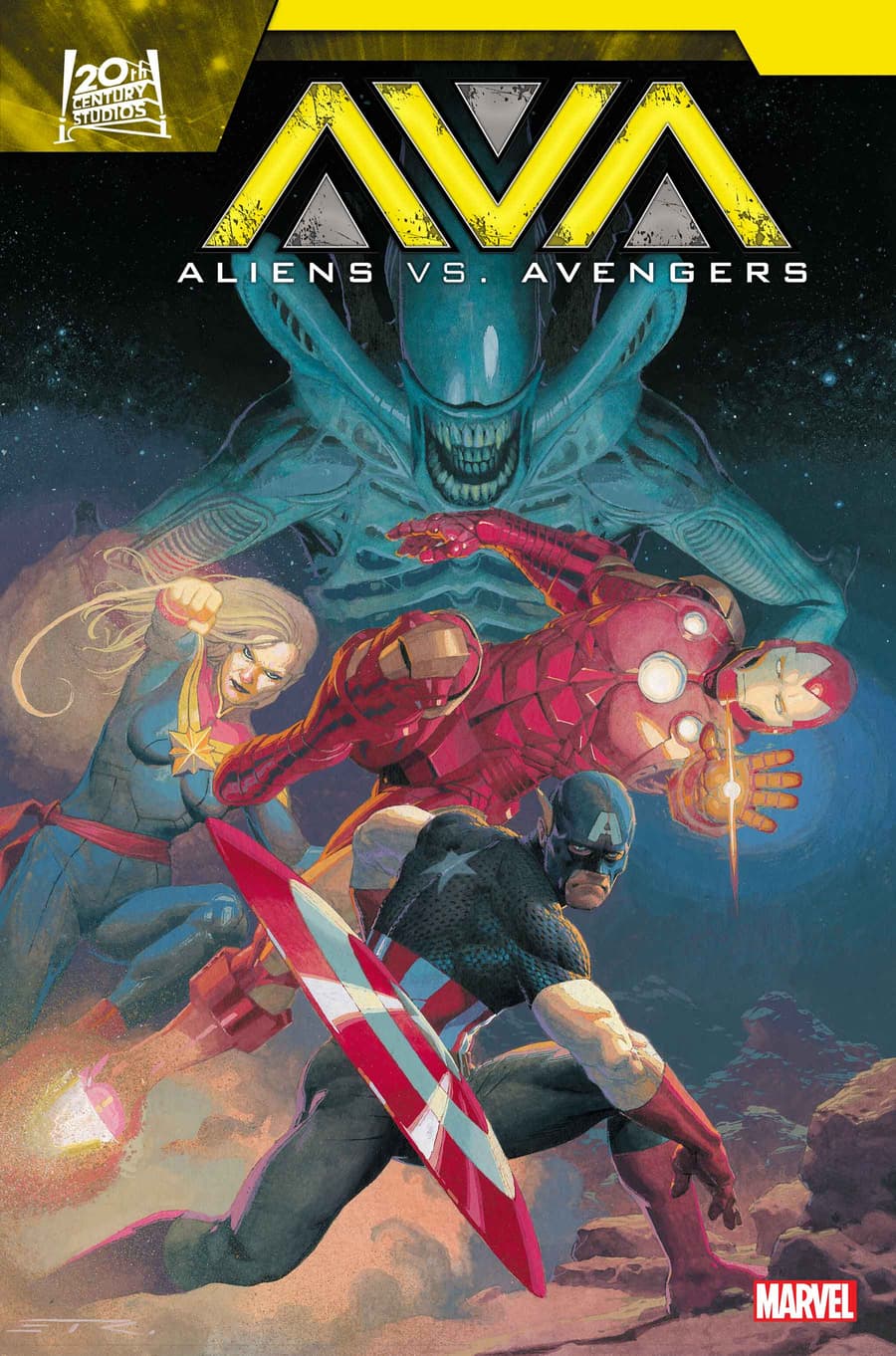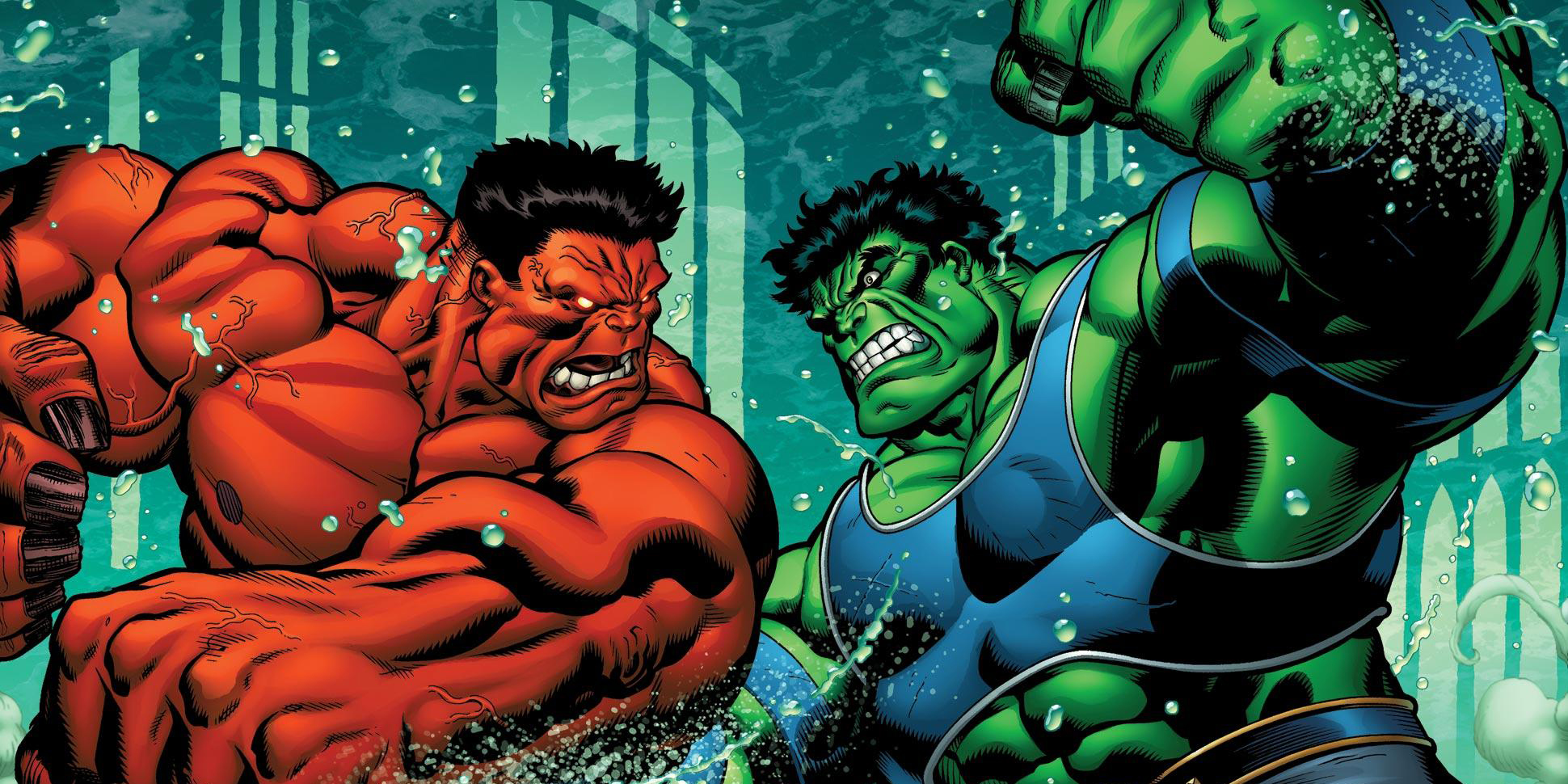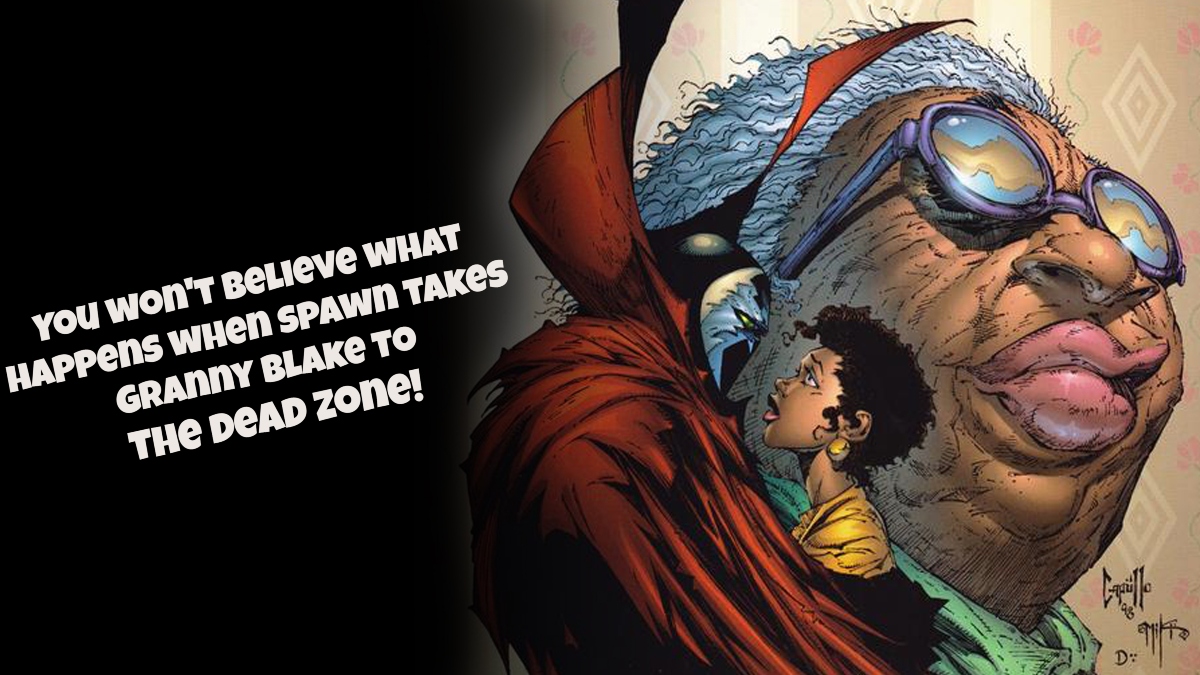
LRM Online talked to the filmmakers behind the new Frankie Muniz starring thriller The Black String, director/co-writer Brian Hanson and co-writer/producer Richard Handley.
We asked them about casting the former Malcolm in the Middle star as their lead, how being a military vet translates to working in Hollywood and more.
Their movie, The Black String, is available on Digital and On Demand now!
LRM Online: Where did the idea for The Black String originate?
Brian Hanson: The story was conceived ten years ago when I was bartending in Hollywood with my buddy Andy Warrener. We were inspired by Shane Carruth’s $10,000 feature Primer and decided we could do the same thing. Andy and I love psychological horror movies and we wanted to explore a character that was struggling with mental illness vs. metaphysical evil. I had some scary sleep paralysis episodes and realized how hard it is to explain the feeling, so that was the jumping off point for the conflict between science and psychics. We were also seeing a lot of mentally ill and heavily addicted people in Los Angeles standing on street corners screaming at the sky. It’s frightening, but intriguing. Where were they six months ago before this psychotic break? The Black String takes a look at a character six months before he might end up homeless in the big city, through the lens of a horror film. Andy and I didn’t make this movie, as he started a family in Florida and I joined the Army. Five years later, I was back in Los Angeles using my GI Bill to attend film school at Mount St. Mary’s University (Los Angeles).
Richard Handley: That’s where Brian and I met. Brian told me about the story over lunch one day during our first year in film school. A year later, I suggested we produce it as our thesis film. We immediately went about the work of rewriting and expanding from 40 or so pages to 90, as it would serve as part of our graduation requirements. We then formed a partnership and ran it as a business. As a writer, I brought to the table many years of medical experience and being a father. I’d also written many other scripts and produced and directed a number of short films, so we were both ready to step it up to the next level.
LRM Online: Were there any particular films or filmmakers who served as inspiration for the film?
Hanson: This film was inspired by Roman Polanski’s Apartment Trilogy (Repulsion, Rosemary’s Baby, The Tenant) as well as other psychological horror films like Donnie Darko and Jacob’s Ladder. And then there’s a dose of David Lynch and David Cronenberg! We are our own film, but those directors and films are our big brothers.
LRM Online: How did you come to cast Frankie Muniz as your lead?
Hanson: We had been auditioning actors for a few weeks and were ready to hire a “Jonathan” when our casting director Jeremy Gordon called us and said, “Frankie Muniz wants to audition for the part.” This was a total surprise. We thought Frankie retired from acting and was racing cars. Of course, we agreed, and the next day, Frankie auditioned and did a great job.
Handley: He instinctively understood the dark sense of humor and loneliness inside Jonathan. After one more audition it was clear we had to cast Frankie. His charisma and skill as an actor were unmatched, and his enthusiasm to play the role was sincere.
LRM Online: Chelsea Edmundson was very good in the film as Dena. How did you find her?
Hanson: I had cast Chelsea in a short film I shot in film school. It was a similar femme fatale type role. When we had to audition 50 actors for Jonathan, I asked Chelsea if she’d come out and read for the guys, just as a favor. She said yes and was very good at being seductive and making all these actors squirm in their seat. Now, it was time to cast Dena who was supposed to be a 45 year old cougar, way older than Jonathan. We had a lot of strong actresses, but I couldn’t stop hearing Chelsea’s voice from her days of reading for the guys.
Handley: She earned that role for her willingness to volunteer her time. Chelsea’s piercing gaze and her shift between sweet and sinister were too good to pass up. Chelsea took the role seriously and did a lot of extra work coming up with Dena’s history, wardrobe and many other aspects of this femme fatale. Just like Frankie, Chelsea was a total team player. One of the best phone calls I made during casting was calling Chelsea to let her know she had the role.

LRM Online: You two met at film school. How was your experience there, and would you recommend it to other aspiring filmmakers?
Hanson: I have to admit that I attended film school twice! So yes, I think film school is a good option if you’re dead serious about film as a career, but it is not necessary. I was gung ho at California State University Northridge’s Film/TV undergrad program. I learned so much and made a ton of short films. Film school is a great time to be creatively free, but you have to work hard to get value as the guy that does nothing in film school will get the same grade as the guy or girl that does everything. It’s not about the grade. It’s about the effort you put in. Perhaps most importantly, film school allows you to get internships with studios, agencies and production companies which can all jumpstart entertainment careers. I went back to film school at Mount St. Mary’s to get an MFA in film, because the U.S. Government was paying for it via the GI Bill. It was a great program that allowed me to get creative again after four years in the Army. However, film school is not necessary. Anybody can buy an inexpensive camera and editing equipment and watch a lot of YouTube tutorials. If you go to film school, you should be committed to kicking total ass and making as many short films, writing as many scripts and getting as many internships as possible. If you’re not that committed, go get another degree and make movies on the weekends. It’s a lot less expensive.
Handley: I also went to film school twice. I studied producing at UCLA School of Theater, Film and TV. I agree with Brian’s assessment. Film school is not necessary to make it as a filmmaker. However, it’s certainly an opportunity to go deep on the subject matter, and equally important, allows you to form relationships that might have been more challenging to form outside of film school. For example, some of our professors work in the business and gave us keen insight into how it all works. That’s immediate perspective with potential access. Being in a film school program allows you to take internships, which Brian and I both certainly did. Film school opens a lot of doors, but it’s up the student to walk through them.
LRM Online: You are both military veterans. Do you think that experience has been helpful or at all translatable when it comes to filmmaking?
Hanson: Making movies has a lot of similarities to the military. They both require detailed planning before the mission, logistics are massively important and when filming, you need to coordinate many highly specialized teams to complete the mission while fighting the environment, weather and time of day. Making movies requires stamina and a good sense of humor. You also have to have extreme attention to detail! It’s very much like the military.
Handley: It’s very much like the military. There’s a common esprit de corps and camaraderie that everyone feels as artists, technicians, and craftspersons. Everyone is heading in the same direction to get the job done and relying on the person next to them to achieve the same goal. Close alliances and friendships are formed and are necessary to complete the enormous challenges that lay ahead. Every day is different than the last, and you have to be quick on your feet, as to not get pummeled by the many obstacles that await. These are all the same experiences I had in the military.
LRM Online: This is the first feature for both of you. What would you say is the biggest lesson you learned from it?
Hanson: You need to have a solid team in place to survive, let alone succeed, in a feature film effort. It’s a business, and you have to have business partners that support you and take care of business when it’s time to get going. Richard Handley is an accomplished medical professional who has run businesses, so I followed his lead on a lot of the business affairs. We also had great support from fellow producers, mentors and organizations like Mount St. Mary’s University as well as our wives. Make sure you have a network of support before jumping into a feature film effort. Or make sure you have millions of dollars.
Handley: Paulo Cuelho once said, “People never learn anything by being told, they have to find out for themselves.” All the important lessons we learned in film school were brought to bear by the real experience of making a feature film. We had to find it all out for ourselves. There’s a million different, but I argue equally important, lessons to be learned in that process. But if I were limited to only one thing, it would be the undeniable importance of building the right team and empowering them to do what they do best.

LRM Online: The film has played some prestigious genre film festivals, like Sitges and FrightFest. How has the film festival circuit been?
Hanson: The film festival circuit has been a great learning experience. The bigger festivals like Austin Film Festival and FrightFest are exciting, because you can see the professionals walking around, the stars and the big red carpets. You feel that energy and learn about the business side of film festivals. The smaller festivals have been great, because we have more free time to watch other films and hang out with friends and family. I think it’s hard to find real quality time for friends and family at those bigger fests, while the smaller ones are perfect opportunities to really enjoy watching your movie in a fun location. The audiences have been great to us at all festival. They’re really blown away to see Frankie Muniz in a role like this.
Handley: It has been a blast. We have spent a lot of time working to rise to the level of professional work these festivals require and reward, so to have been selected is an incredible honor. It’s very thrilling to see one’s hard work validated at this level. Our entire amazing team can be very proud of these accolades. The audience has really responded to our work and certainly to Frankie’s performance. He was the best choice. We knew it in production, we knew it in post production, and now we know it during each theatrical experience. They love him!
LRM Online: What is next for you both?
Hanson: We plan to produce another occult paranoia film in 2020. This one’s about a single father whose son disappears during a sleazy backyard magician’s magic trick. It’s similar to The Black String in how it flirts with what is real and what isn’t and takes this troubled protagonist on a dark journey into some unknown places. We’re also working on a military script about Army Rangers deploying to Afghanistan. It’s Whiplash meets Full Metal Jacket.
Handley: I’m on the same train, looking forward to the next journey.
Don’t forget to share this post on your Facebook wall and with your Twitter followers! Just hit the buttons on the top of this page.
—–
Have you checked out LRM Online’s official podcast feed yet The LRM Online Podcast Network, which includes our flagship podcast Los Fanboys, our premiere podcast Breaking Geek Radio: The Podcast, and our morning show LRMornings? Check it out by listening below. It’s also available on all your favorite podcast apps!
Subscribe on: Apple Podcasts | Spotify | SoundCloud | Stitcher | Google Play

 FOR FANBOYS, BY FANBOYS
Have you checked out LRM Online’s official podcasts and videos on The Genreverse Podcast Network? Available on YouTube and all your favorite podcast apps, This multimedia empire includes The Daily CoG, Breaking Geek Radio: The Podcast, GeekScholars Movie News, Anime-Versal Review Podcast, and our Star Wars dedicated podcast The Cantina. Check it out by listening on all your favorite podcast apps, or watching on YouTube!
Subscribe on: Apple Podcasts | Spotify | SoundCloud | Stitcher | Google Play
FOR FANBOYS, BY FANBOYS
Have you checked out LRM Online’s official podcasts and videos on The Genreverse Podcast Network? Available on YouTube and all your favorite podcast apps, This multimedia empire includes The Daily CoG, Breaking Geek Radio: The Podcast, GeekScholars Movie News, Anime-Versal Review Podcast, and our Star Wars dedicated podcast The Cantina. Check it out by listening on all your favorite podcast apps, or watching on YouTube!
Subscribe on: Apple Podcasts | Spotify | SoundCloud | Stitcher | Google Play




